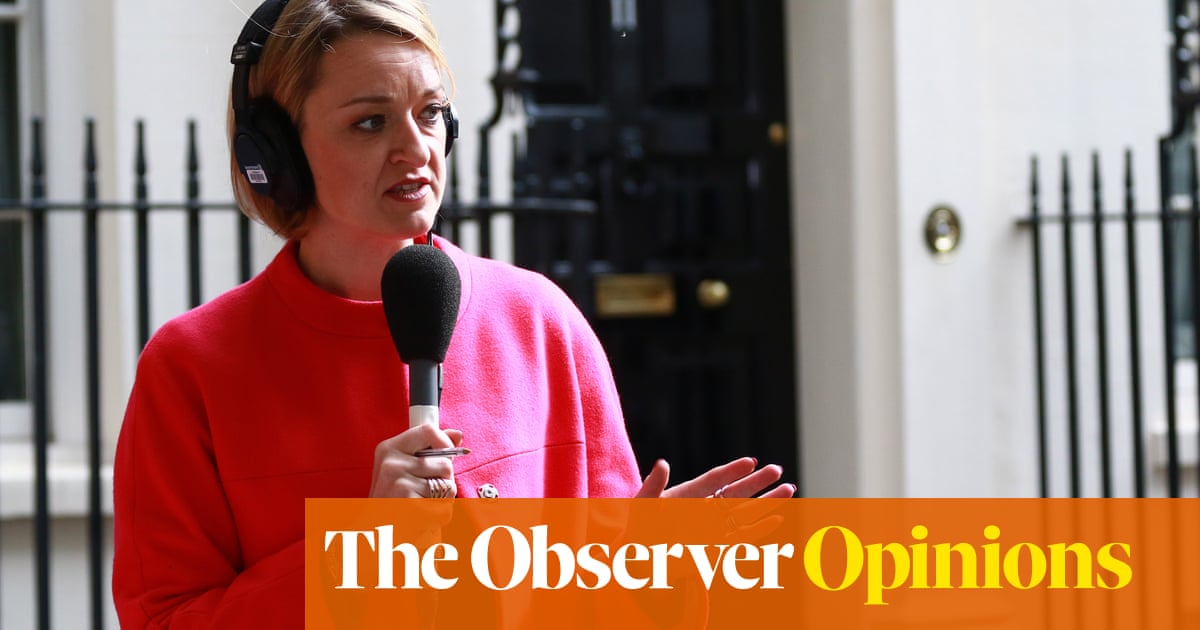
Shakespeare: The Riddle of Genius. This keenly awaited title should have been with us a couple of weeks back, delayed from an initial publication date of 2016. Boris Johnson would explain Shakespeare, the publishers said, in lines you could almost hear being shouted down a mobile phone from the middle of a tech lesson, “in a way that gets to grips with what is really going on, what the characters are up to, what the point of it all is”.
Alas, long before Covid-19 further threatened their author’s already faltering grip on connected or original thought, Johnson became prime minister. Hodder & Stoughton have had to postpone Shakespearean analysis by “the inimitable, mop-headed, New York Times bestselling British journalist and politician” until after he has personally stress-tested the true cost to a kingdom of leadership by a vain, amoral and justifiably vilified idiot.
But if personal experience could finally add value to his appraisals of, say, Bottom, or of fellow kingdom-splitter King Lear, the appetite for Johnsonian scholarship could nonetheless suffer from another of his interests: supervising the death of British theatre. Johnson’s would probably not be the first book about Shakespeare by someone with no recorded interest in Shakespeare; but it might well be the first by someone who is currently doing more than anyone since Oliver Cromwell to stop Shakespeare – or, indeed, any other playwright – being professionally performed. Although even this understates the scale of the threat to all performing arts. “Cultural life is back in Europe,” the New York Times reported last week. “In the UK they talk of collapse.”
If nothing is done soon, the government seems likely also to lay waste to live music, to festivals, theatre companies, designers and orchestras, to concert halls, iconic and otherwise. If there is any plan for the arts to survive Covid-19, it looks pretty much like the proposal once summarised by Johnson as “take it on the chin”. Cultural herd immunity has already claimed half the jobs at the Theatre Royal, Newcastle; the National Theatre has just made 400 workers redundant; the Albert Hall appears to be in as much danger as small regional theatres. The culture secretary, Oliver Dowden, promised action back on 8 June. Theatres are still waiting.
When pushed, Dowden will recite, using the scripted ministerial excuse for any kind of shortage, be it PPE, tests or pantomimes, that money has already been spent, that a new “taskforce” contains at least one rich person with a title, that there is a “roadmap”, plus – indignantly – he has been working ever so hard. Translated: nothing’s changed, his taskforce has no money, his saviour work is undetectable and, for “roadmap”, read one raised finger. But something, the culture minister hints, might happen. At some point. The director Nicholas Hytner believes, he told the New York Times, in a possible “big rescue package”. Though any help is not, according to another source, likely to be “imminent”. Then there’s Vladimir in Waiting for Godot: “Hope deferred maketh the something sick, who said that?”
As it stands, theatres, though controlled environments, are not allowed to open. While people are urged, protected only by “good British common sense”, to descend on pubs, shops and airports. For the huge audiences who crave the experience of being inside a theatre – alongside others, with the full excitement and risk of a live performance – yet more remote content is meant to substitute for the real thing. None of it, as the Stage reminds Dowden, makes any common sense at all. Audiences “sit in set seats facing away from each other, and track and trace will be possible via box office data”.
It’s one of those moments when you need a Johnson to explain the abandonment of a national asset that is simultaneously vastly profitable and beyond price, so as to show – to borrow from his theatre studies – “what the point of it all is”. How can we unlock the riddle of modern Conservative philistinism? Johnson prizes anything “world-beating”, and Danny Boyle’s Olympic ceremony left him “crying like a baby”, but neglects a cultural sector that, as Sam Mendes has patiently pointed out, last year contributed £32.3bn to the economy. “Let’s get this clear,” Mendes wrote, offering a plausible rescue plan. “It is a massively successful business.” So why the needless, already catastrophic, delay?
“Luvvies”? An article in the Spectator, “British theatre needs to re-examine its politics”, warns us to not rule out high-placed stage-hatred from people who likewise believe theatre should do more to please Conservatives. “Often,” we learn, “this left-wing dominance of the theatre has an unpleasant side.” But we can’t dismiss the possibility that this hilarious piece is a wind-up by the Spectator’s answer to Joe Orton’s alter ego, Edna Welthorpe. “Today’s young playwrights,” Mrs Welthorpe wrote to the Telegraph in 1967, “take it upon themselves to flaunt their contempt for ordinary decent people. I hope that the ordinary decent people of this country will soon strike back!”
Alternatively, Dominic Cummings? Not the least bizarre line in his “weirdos and misfits” appeal disparaged English graduates who, he thinks, “chat about Lacan at dinner parties with TV producers and spread fake news about fake news”. If this Welthorpian summary now represents No 10’s view of dissenting humanities graduates and the creative industries, it’s not hard to quantify Downing Street concern for the prominent arts figures urging Rishi Sunak and Dowden to extend to the cultural sector the same fervour they showed for the restitution of Nando’s and football.
So for once, Johnson’s total self-interest could be a lifeline. Work on the Shakespeare book, according to Tim Shipman, resumed in 2018. He will need money. It might be worth his considering the likely appeal of a Shakespeare homage written by a world-beating barbarian.
• Catherine Bennett is an Observer columnist












